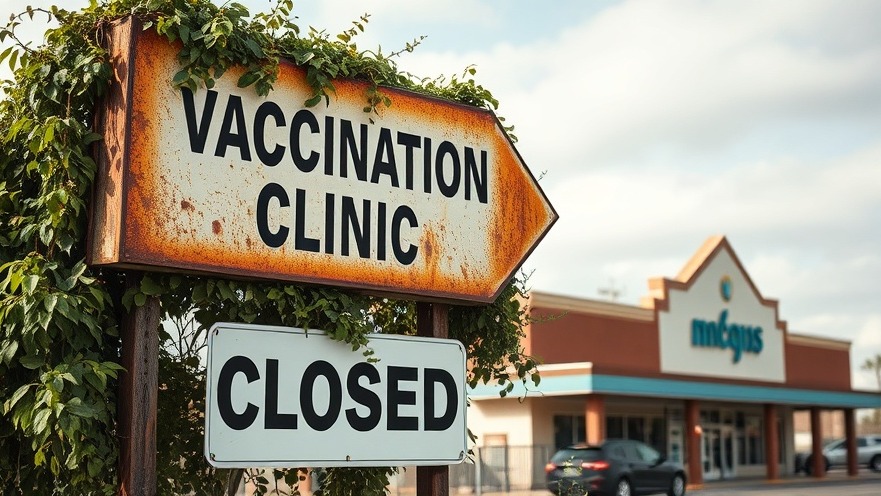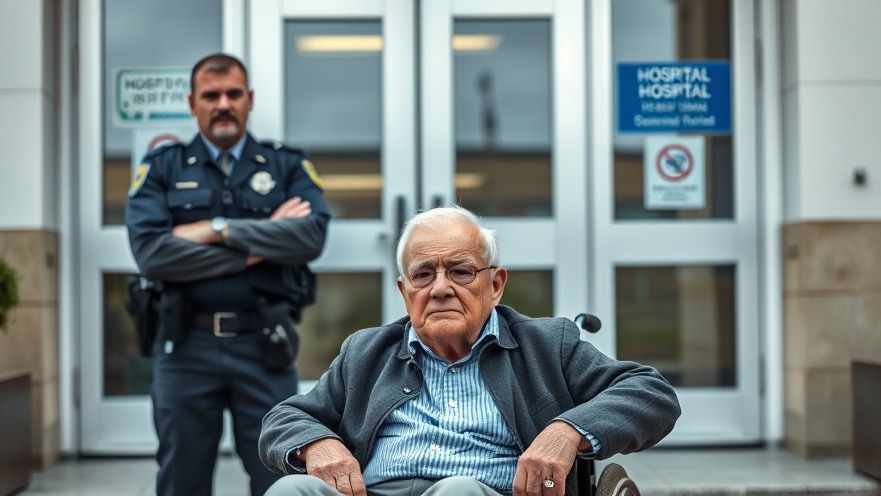
RFK Jr.'s Bold Move Shakes Up Vaccine Advisory Panel
In a startling turn of events, Health and Human Services Secretary Robert F. Kennedy Jr. has made headlines by radically reshaping the CDC's Advisory Committee for Immunization Practices (ACIP). Just days after dismissing all 17 previous committee members, he appointed a new, smaller team that has raised eyebrows among public health advocates and the greater vaccine community. This new group includes a mix of vaccine skeptics and individuals with diverse medical backgrounds, shifting the focus of vaccine advisory practices.
Why This Matters
ACIP plays a vital role in establishing vaccination schedules and influencing federal programs that ensure vaccine accessibility to the public. The prior committee consisted of professionals with extensive experience in infectious diseases and epidemiology, ensuring a scientific and evidence-based approach to vaccinations. In contrast, the new appointments have sparked controversy due to the presence of members who have previously expressed skepticism toward mainstream vaccination practices.
Controversial Appointees Raise Concerns
Among the newly appointed members are individuals like Robert Malone, known for making controversial claims about mRNA vaccines, and Vicky Pebsworth, associated with a group criticized for disseminating vaccine misinformation. Other members, such as Martin Kulldorff and Cody Meissner, have supported some forms of vaccination but have been openly critical of public health policies surrounding COVID-19.
Perspectives on Vaccine Safety Data
Kennedy has stated that the new members are dedicated to demanding conclusive safety and efficacy data before endorsing any new vaccine recommendations, a perspective that has both supporters and detractors. Critics of this change believe it undermines the foundational principles of public health and could lead to public hesitation in vaccine uptake, potentially endangering herd immunity.
Engagement with the Community
The newly formed committee is set to hold discussions in June, and their approach could significantly shape not just policies, but also public perception toward vaccination and public health strategies moving forward. Engaging a community dialogue on these changes could be crucial in addressing societal concerns about vaccines and restoring trust in health guidance.
 Add Row
Add Row  Add
Add 




Write A Comment